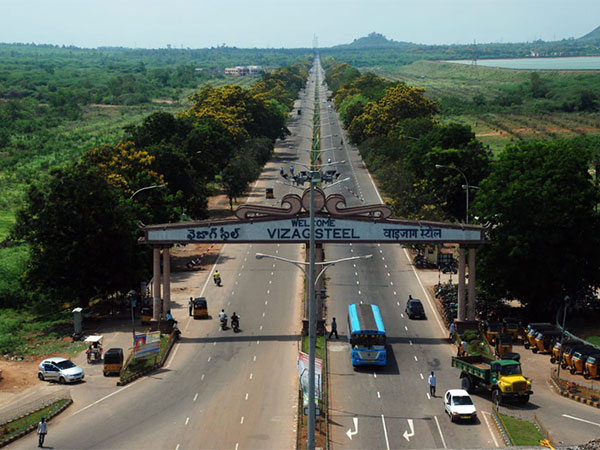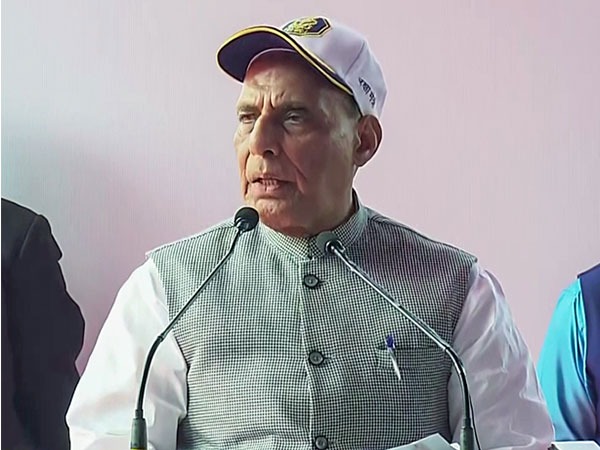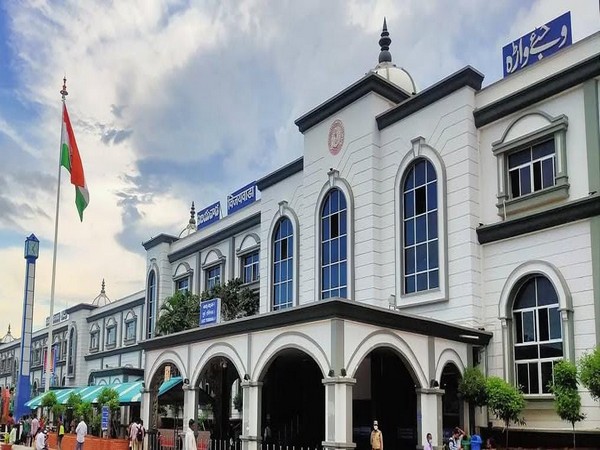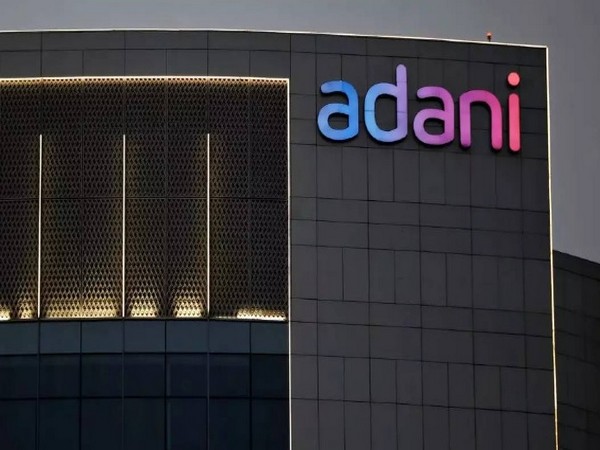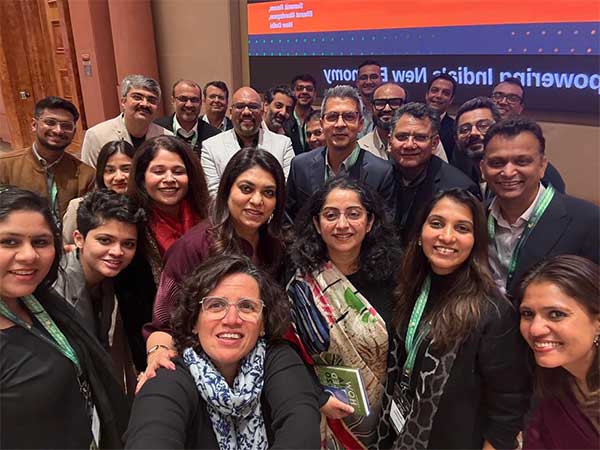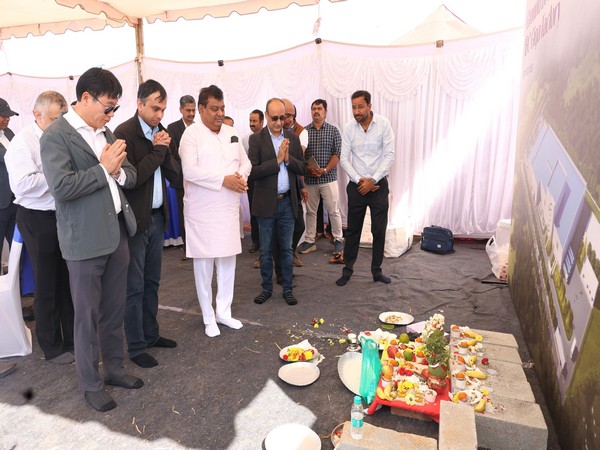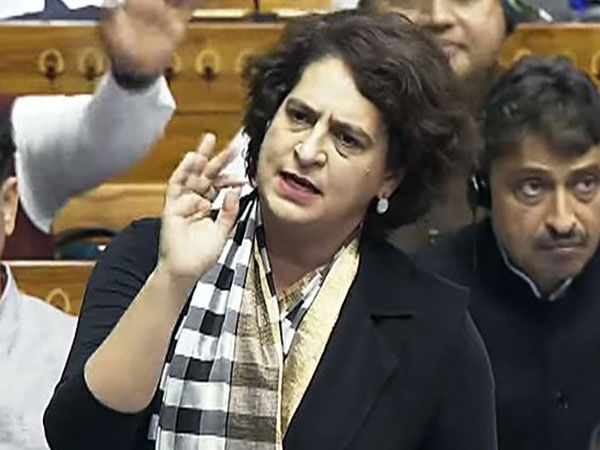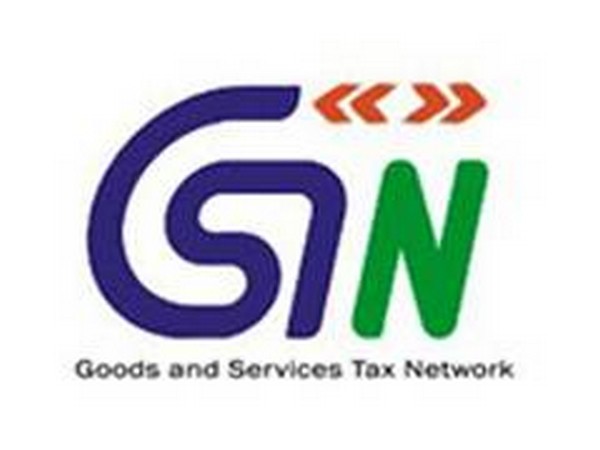
New Delhi [India], November 29 (ANI): As a part of its strategy to counter Goods and Services Tax (GST) fake invoice frauds via search and surveys leading to arrests and booking of cases against fake entities involved in availing and passing on input tax credit (ITC) fraudulently, the Central Board of Indirect Taxes & Customs (CBIC) under the Department of Revenue (DoR) has come out with Standard Operating Procedure (SOP) ‘instructions’ to be followed by the tax officers for carrying out the physical verification of the entities that have been granted a deemed GST registration sans Aadhaar authentication.
Sources said that this SOP would effectively curb the fake invoices menace and ITC frauds while at the same time this would ensure proper facilitation of ease of doing business for the genuine applicants/entities without any overreach. This is a follow up of the high-level review meeting that was held in DoR recently.
Meanwhile, according to the Directorate General of GST Intelligence (DGGI) sources, the DGGI and CGST Commissionerates have so far arrested 92 people for availing or passing on ineligible ITC fraudulently through fake invoices and have booked 994 cases against more than 3,161 fake GSTIN entities identified across the country during its ongoing nationwide drive launched in the second week of November against GST fake invoice frauds.
CBIC sources said that “an entity having deemed registration where the applicant either has not opted for Aadhaar authentication or where such authentication has failed, has to go for mandatory physical verification of the premises, or in cases where the physical verification is difficult, certain additional documents may be called for verification by the tax officer (upon approval of an officer not below the rank of Joint Commissioner) before deciding upon the grant of registration.”
According to CBIC Sources, the Board in an ‘instruction’ to its field formations has said that the registrations granted sans Aadhaar authentication during the period from August 21, 2020, to November 16, 2020, on a deemed basis require verifications to ascertain that they have a genuine business or intends to carry out so.
All such deemed registrations would be subjected to compulsory post-registration verification and the list of such deemed registrations would be circulated zone-wise to the field formations for confirmation which has to be completed in a time-bound manner within three weeks and a weekly status report has to be submitted to the Board.
Sources said that pending the physical verification, notice in FORM REG-17 may be issued in specific cases based by the proper officer on certain risk parameters seeking an explanation from the registered person regarding the differences and anomalies noticed, if any, where FORM GSTR-1 is filed and FORM GSTR-3B is not filed either for August or September 2020 tax period and where the difference in tax amount, as reported in FORM GSTR-1 and FORM GSTR-3B is more than Rs. 1 lakh.
“On receiving a reply to the notice, the officer would complete the proceedings as per the CGST Rules. Also, in the interest of revenue, the tax officer in addition to the physical verification may further carry out the preliminary financial verification of the registrants by seeking certain documents,” sources added. (ANI)





